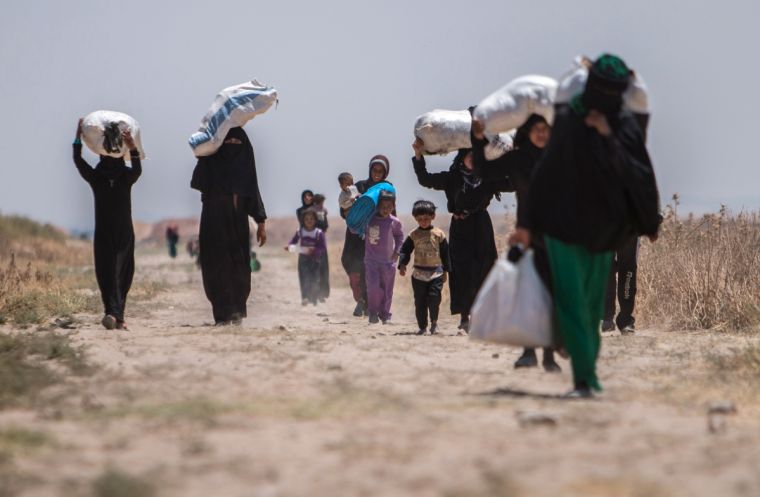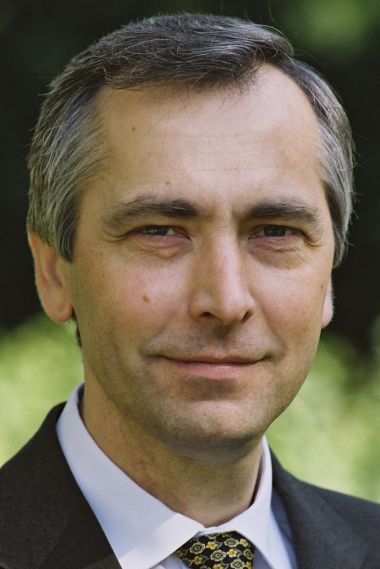EU Slams Britain: ISIS Is Committing Genocide And You're Doing Nothing
Boris Johnson is under fire from the EU's special envoy on religious freedom over the failure to describe ISIS atrocities against Christians and Yazidis as "genocide", Christian Today can reveal.
In an interview in Brussels on Thursday Ján Figel, the European Union's special envoy for the promotion of freedom of religion and belief, criticised the Foreign Secretary for not acting after MPs' unanimously described ISIS crimes as "genocide". The term, which carries legal and moral obligations, has been adopted by the White House, the European Parliament and the Council of Europe.

Figel told Christian Today he was "disappointed" with Johnson and expected him to "take it up" after the "British Parliament clearly expressed an announcement of genocide".
In an interview in Brussels, Figel issued a direct call on the UK to act on the will of its MPs. "The United Nations needs leadership and there are certain countries who are permanent members of the UN security council [who can do that].
"I am sure the message of the US people and the UK population has given a strong mandate" to the two governments, he said. "The government should take executive action which is truly in line with the parliament."
MPs passed a motion by 278 to 0 votes that described ISIS' atrocities as genocide and called on the government to act in April. But ministers and their aides were ordered to abstain from the vote and no action has since been taken.

The International Criminal Court (ICC) can only investigate whether a genocide has occurred if it is asked to do so by the UN security council, of which the UK is a permanent member. But the foreign office has refused to bring a resolution to the council. A senior source told Christian Today there was an "institutional reluctance" among officials to declare genocide because it would require action.
The UK is a signatory to the genocide convention which, if declared, requires states to both prevent it continuing and prosecute the perpetrators. This would require a significant step up in UK military action in the Middle East and would also oblige more action to protect the refugees who have fled.
Figel issued an impassioned call to end "a century of genocide". He told an audience of journalists and officials: "In October 1946 there was a commitment – 'never again'. We have failed."
There is evidence of genocide "like never before", he said at the conference organised by the legal organisation Alliance Defending Freedom (ADF). "Whether this century of genocide continues or ends depends on us. It is a question of whether indifference, ignorance and fear will prevail, or if humanity will prevail."











